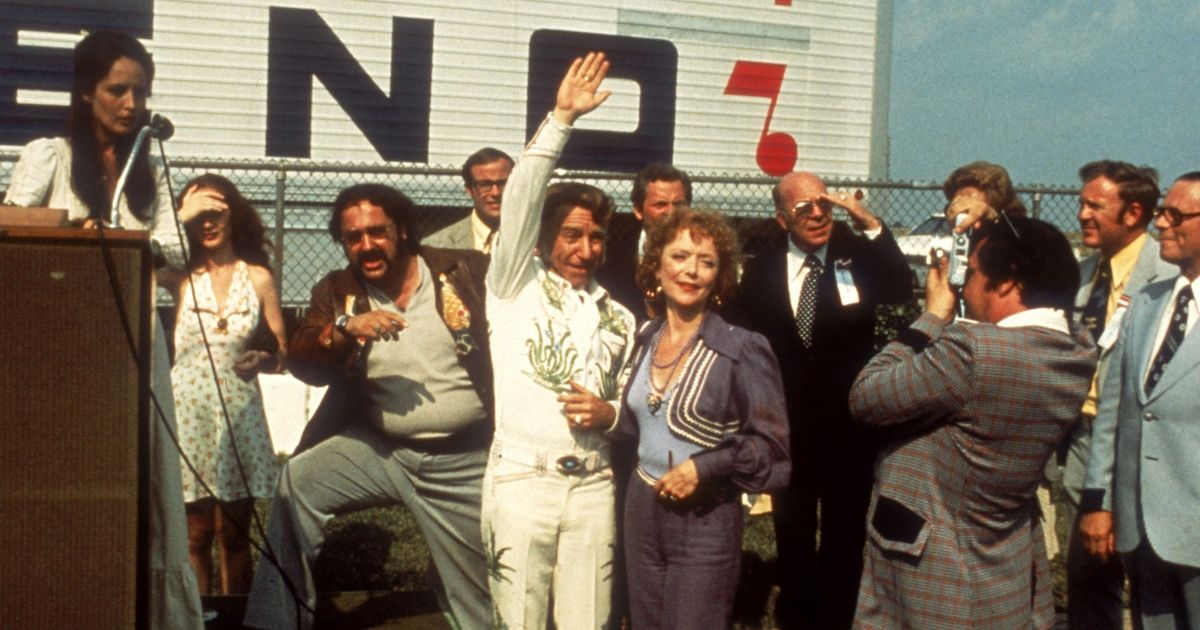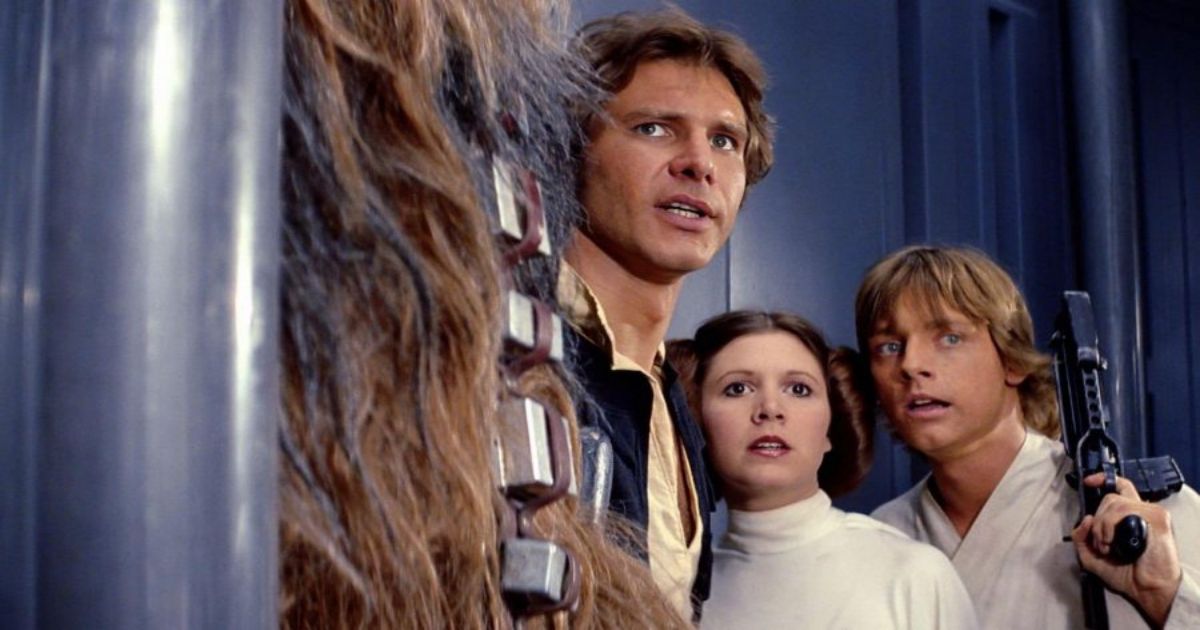In the 1960s, American cinema began an artistic renaissance known as the American New Wave, where filmmakers defined their work, rather than the studios. The movement not only continued in the 1970s, it realized its full potential, with the decade defined by a new generation of writers and directors. These artists learned their craft outside the "establishment" studio system, which had been in decline for years and saw changes in leadership. The grittier films of the early 1970s reflected the cynicism of the times, but the rise of blockbusters late in the decade signaled another seismic shift in film, as America began going to the movies like never before.
For over 50 years, Leonard Maltin has written about film, and is best known for his many books on the subject and for the three decades he spent as a film reviewer for Entertainment Tonight. As a critic, a film historian, and professor at the University of Southern California Film School, Maltin's opinion on film carries more weight than most.
His choices for the Best Films of the 1970s, as listed in Maltin's Movie and Video Guide, reflect the impact of the younger generation of directors in the American New Wave, as most of his picks include films from Coppola, Scorsese, Lucas, and Spielberg.
What follows are Maltin's picks for the best films of the 1970s, listed alphabetically and weighed against their Rotten Tomatoes scores.
Annie Hall (1977)
Rotten Tomatoes Score: 97%
Annie Hall isn't quite as popular as the film it beat out for Best Picture (a space opera by some guy named George Lucas), but Woody Allen's romantic comedy/drama is no less a classic. Allen is in peak neurotic mode as Alvy, a stand-up comedian lamenting his break-up with Annie (Diane Keaton), a singer/photographer who counters his dim outlook on everything with effervescent joy.
Of course, their relationship is doomed, and yet, watching Allen analyze the breakup while speaking directly to the camera, is more fun than blowing up a Death Star. Keaton won a well-deserved Best Actress Oscar, and Allen won Best Director and Best Original Screenplay.
Apocalypse Now (1979)
Rotten Tomatoes Score: 98%
So much more than a film about the Vietnam War, Francis Ford Coppola's Apocalypse Now follows Captain Willard (Martin Sheen), who is sent on a secret mission into Cambodia to "relieve" rogue Army Colonel Walter Kurtz (Marlon Brando) of his command, as he has reportedly gone mad. Willard's journey upriver to find Kurtz finds him crossing paths with a napalm-loving Lt. Colonel (Robert Duvall) and questioning his orders, all while descending into madness himself.
The film's infamously troubled production included Sheen having a heart attack, Coppola having a breakdown, a difficult Brando, and a shooting schedule that ballooned from six weeks to 16 months. Regardless, the film earned eight Academy Award nominations, including Best Picture, Best Director, and Best Supporting Actor (Duvall). It won for Best Cinematography (Vittorio Storaro) and Best Sound. There are actually three versions of Apocalypse Now: the theatrical cut (153 minutes long), the 2001 Redux version (that runs 197 minutes), and the 2019 Final Cut, a combination of the first two that runs 183 minutes. Take your pick — they are each fantastic.
Blazing Saddles (1974)
Rotten Tomatoes Score: 89%
Enjoy Blazing Saddles while you can. Mel Brooks' spoof of American Westerns is under constant criticism by some for its politically incorrect humor, who call it racially insensitive. Those critics, however, missed the point of the irreverent humor as a critique of the absurdity of hate, and even Whoopi Goldberg has defended the film from racism accusations.
Controversy or not, the film is a worthy classic, thanks to the hilarious double-barreled chemistry of Cleavon Little and Gene Wilder. It was nominated for three Oscars, including a Best Supporting Actress nod for Madeline Kahn, but won none.
The Conversation (1974)
Rotten Tomatoes Score: 97%
Director Francis Ford Coppola has an astounding four films on Maltin's list (understandably so), with The Conversation the most understated of the group. As a surveillance expert whose curiosity entangles him in a murder conspiracy, Gene Hackman gives arguably his best performance ever here, in a film that was nominated for three Oscars, including Best Picture and Best Original Screenplay. It's amazing to consider Coppola made a slow-boil paranoia film like this between the first two Godfather movies.
The Deer Hunter (1978)
Rotten Tomatoes Score: 86%
The winner of five Academy Awards, including Best Picture and Best Director, The Deer Hunter follows three friends, all steelworkers from Pennsylvania, who serve in the Vietnam War. The emotionally-draining film is led by powerhouse performances from Robert De Niro, Christopher Walken, and Meryl Streep, who were each nominated for Oscars, but only Walken won, for Best Supporting Actor.
Director Michael Cimino's triumph at the Oscars was short-lived, as his next film, Heaven's Gate, was one of the biggest flops in cinematic history, and his career never recovered.
The Godfather (1972)
Rotten Tomatoes Score: 97%
Francis Ford Coppola's adaptation of Mario Puzo's bestseller, The Godfather, hasn't lost a bit of its luster, more than five decades after its release. The epic tale of the Corleone Mafia family is perfect in nearly every aspect, including the cast performances, although only Marlon Brando took home an Academy Award (for Best Actor).
James Caan, Robert Duvall, and Al Pacino were all nominated for Best Supporting Actor for the film, but Joel Grey inexplicably won for Cabaret, with the trio seemingly splitting the vote. The Paramount+ series The Offer is a must-watch for Godfather fans, as the backstory of the making of the film is just as interesting (but obviously not as artful) as the film itself.
The Godfather, Part II (1974)
Rotten Tomatoes Score: 96%
The Godfather, Part II continues the story of Michael Corleone's rise as the head of his family's criminal empire while providing the backstory of Vito Corleone (Robert De Niro) and his early days in America. The film excels despite the absence of Marlon Brando, with Robert De Niro's compelling performance equaled by Pacino's Michael, whose descent into darkness is complete by the film's end.
Arguably a better film than its predecessor, The Godfather Part II won six Academy Awards, including Best Picture, Best Director, and Best Supporting Actor (De Niro), although Pacino's great performance was once again snubbed, this time, for Best Actor.
Jaws (1975)
Rotten Tomatoes Score: 97%
Jaws not only put Steven Spielberg on Hollywood's Director A-list, it ushered in the era of the modern blockbuster. The trio of Roy Scheider, Richard Dreyfuss, and Robert Shaw are pure magic together, and the film's fabled production woes actually worked in its favor. Jaws is the quintessential less-is-more movie, although Spielberg's genius in building the tension without actually showing the shark is apparent. John Williams' iconic score won one of the film's three Oscars. Do yourself a favor and avoid the sequels.
Mean Streets (1973)
Rotten Tomatoes Score: 96%
The least celebrated film of director Martin Scorsese's early career is arguably one of his best. Mean Streets lacks the polish of his later films, but the style and dramatic urgency that defines his films is definitely present. Harvey Keitel plays Charlie, a low-level hood in New York City's Little Italy, whose personal life is undermining his work.
His uncle disapproves of his girlfriend, and his shiftless friend Johnny (Robert De Niro), a fellow gangster, invites the wrath of their boss with his reckless, near-psychotic behavior. De Niro's performance in particular is brilliantly frustrating, and it's very different from the no-nonsense gangster roles that would follow.
Nashville (1975)
Rotten Tomatoes Score: 91%
The lives of no less than two dozen characters intersect at a political rally in Robert Altman's documentary-style look at middle-America, Nashville. The city's county music scene provides the framework in which all of these individuals are presented, and there is some biting social commentary about the music industry and Southern culture.
Altman's style may have been an acquired taste for many, but there was no denying his genius. The film scored five Oscar nominations, including Best Picture and two Best Supporting Actress nods (Lily Tomlin and Ronee Blakley), but it walked away with a single win, as Keith Carradine took home Best Original Song.
Star Wars (1977)
Rotten Tomatoes Score: 93%
The king of the blockbusters hasn't suffered a bit from Disney watering down the brand in recent years. If anything, the appreciation for Star Wars: Episode IV - A New Hope has only grown over time. George Lucas' tribute to Flash Gordon space operas still holds up as a perfect combination of special effects, snappy dialogue, and lean pacing.
The cast, particularly a feisty Carrie Fisher, a smug Harrison Ford, and the stately Alec Guinness, are perfect. 20th Century Fox President Alan Ladd Jr. took a huge risk on a young Lucas to deliver a sci-fi film that could turn a profit, and the rest was cinematic history. The film would earn Best Picture, Best Director, and Best Supporting Actor (Alec Guinness) Oscar nods, but won six in other categories, including Best Score for John Williams. A seventh, special achievement Oscar was awarded to Ben Burtt for his groundbreaking sound effects.

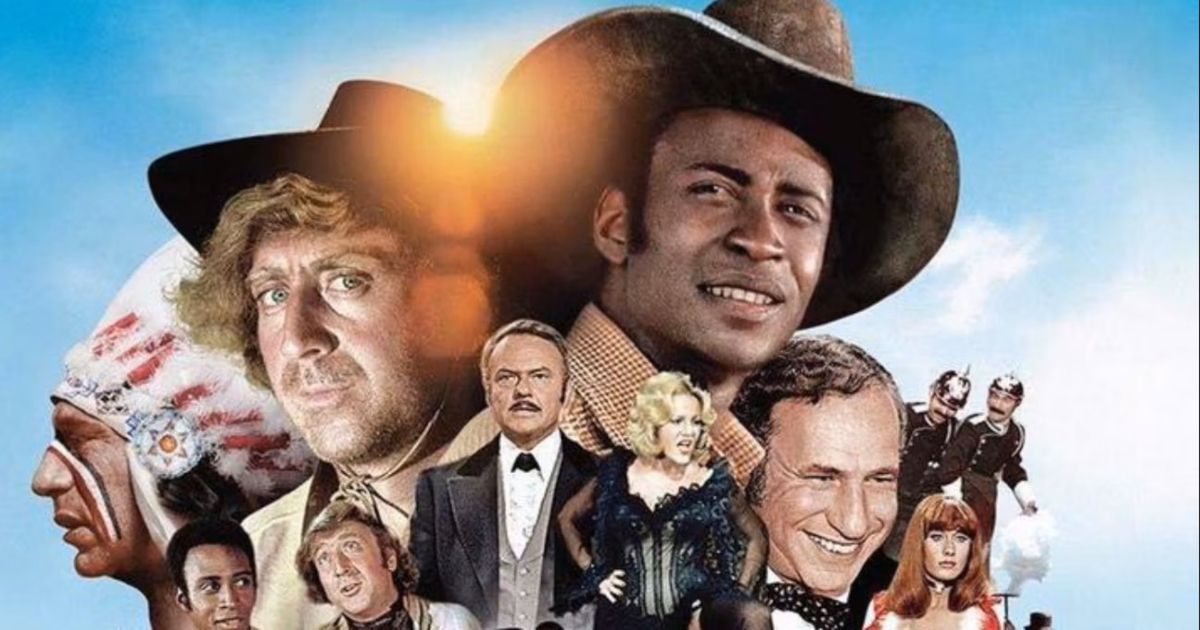
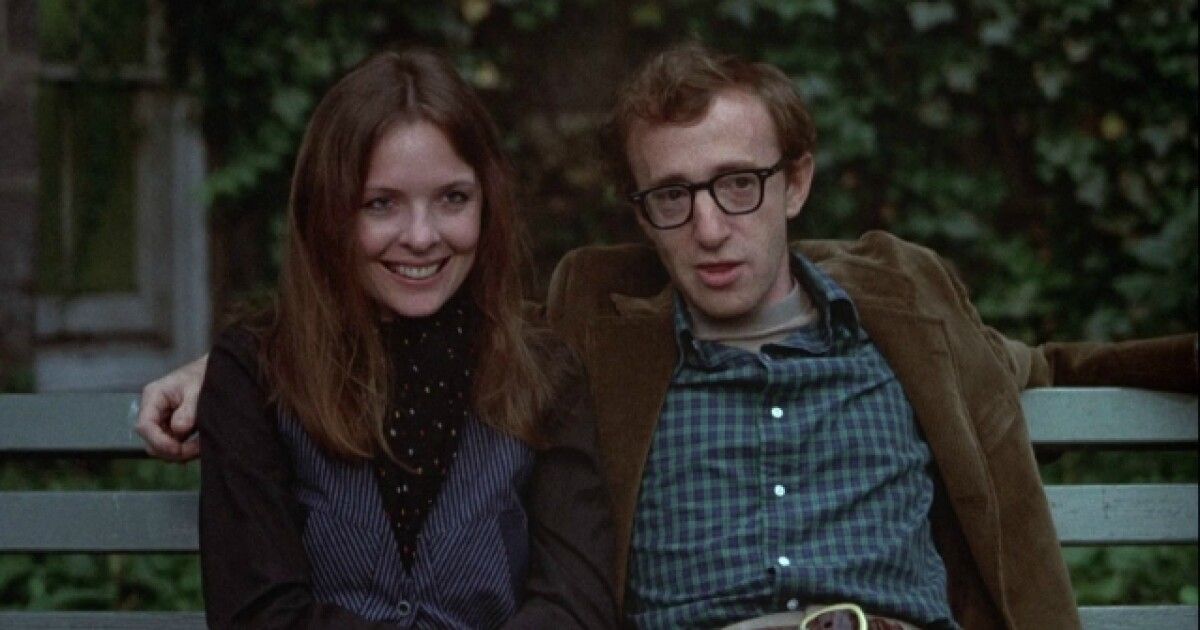
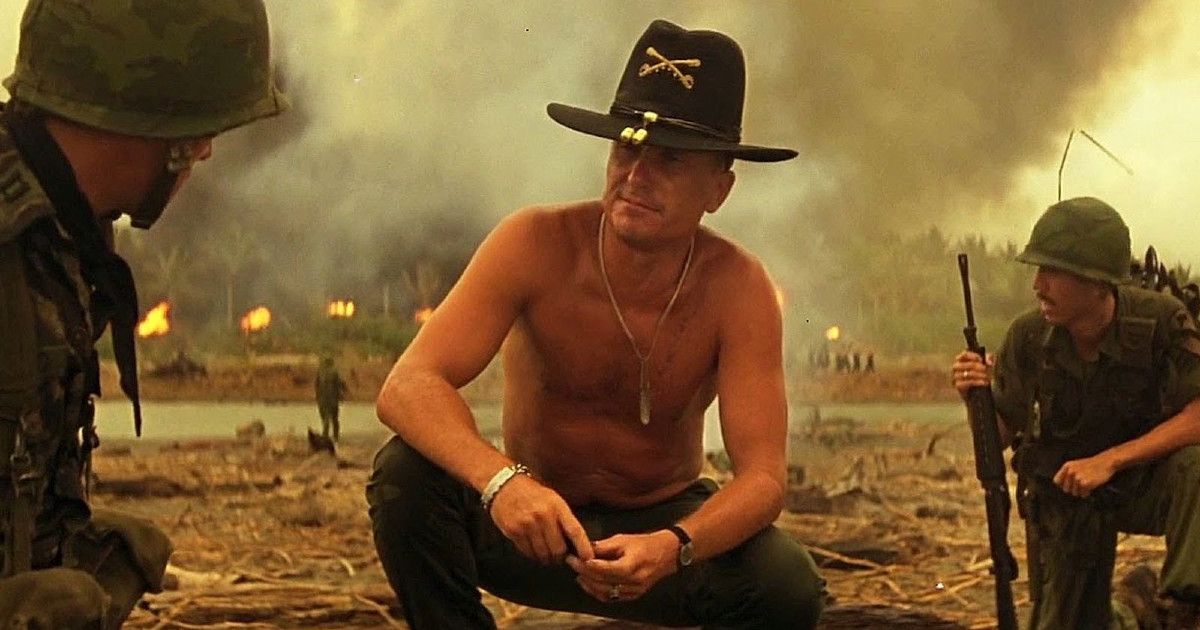
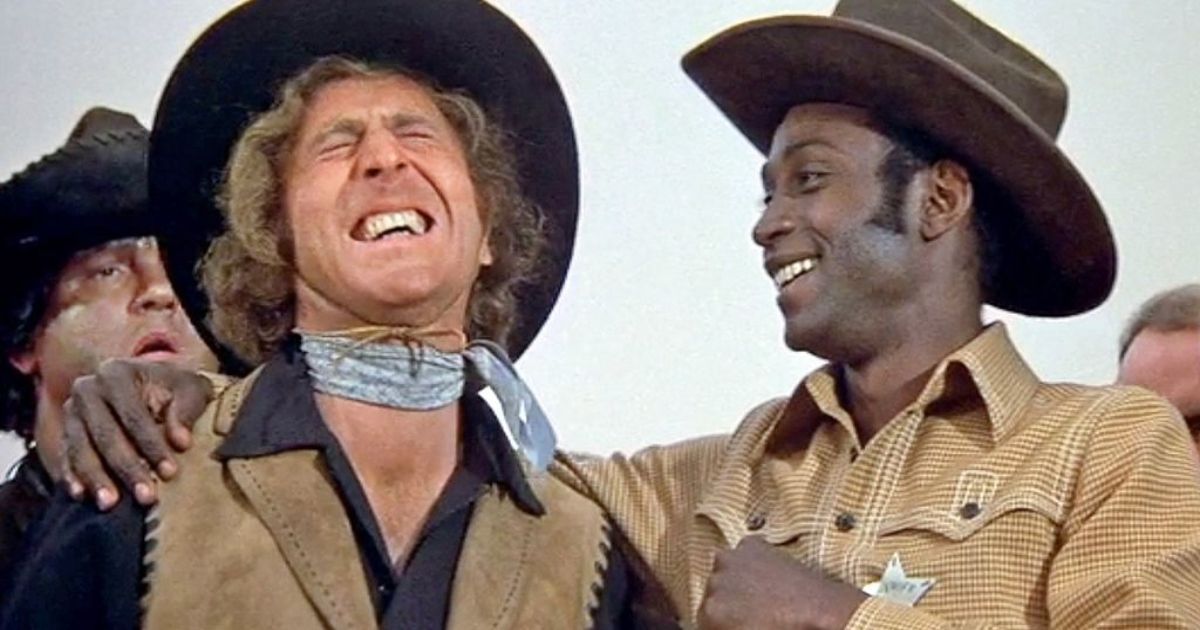
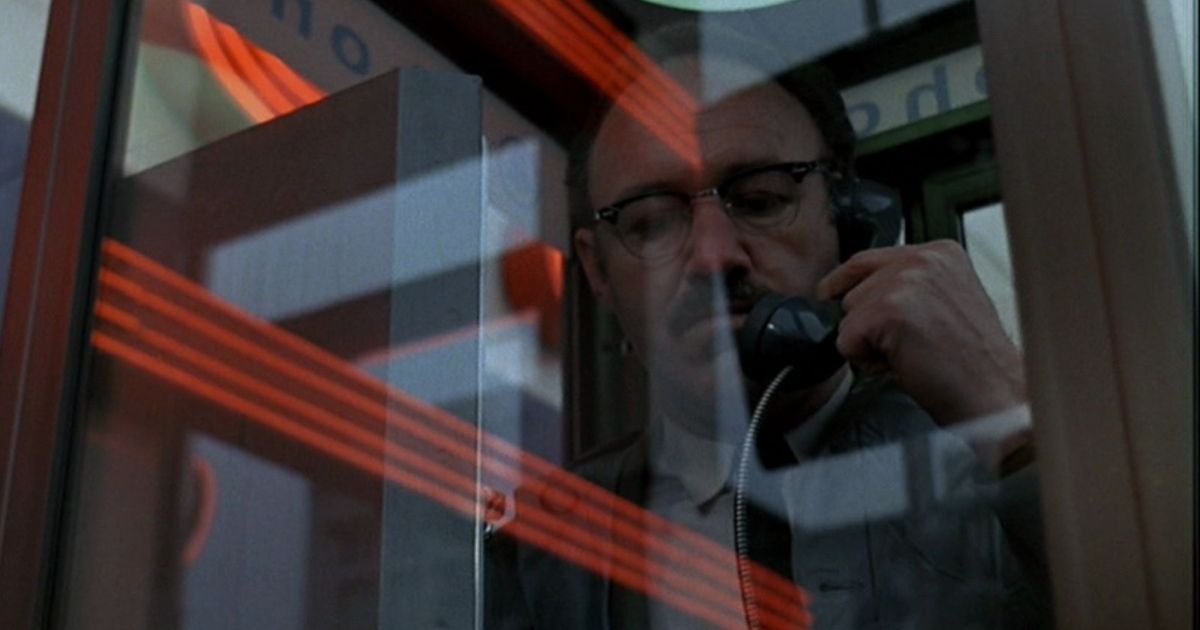
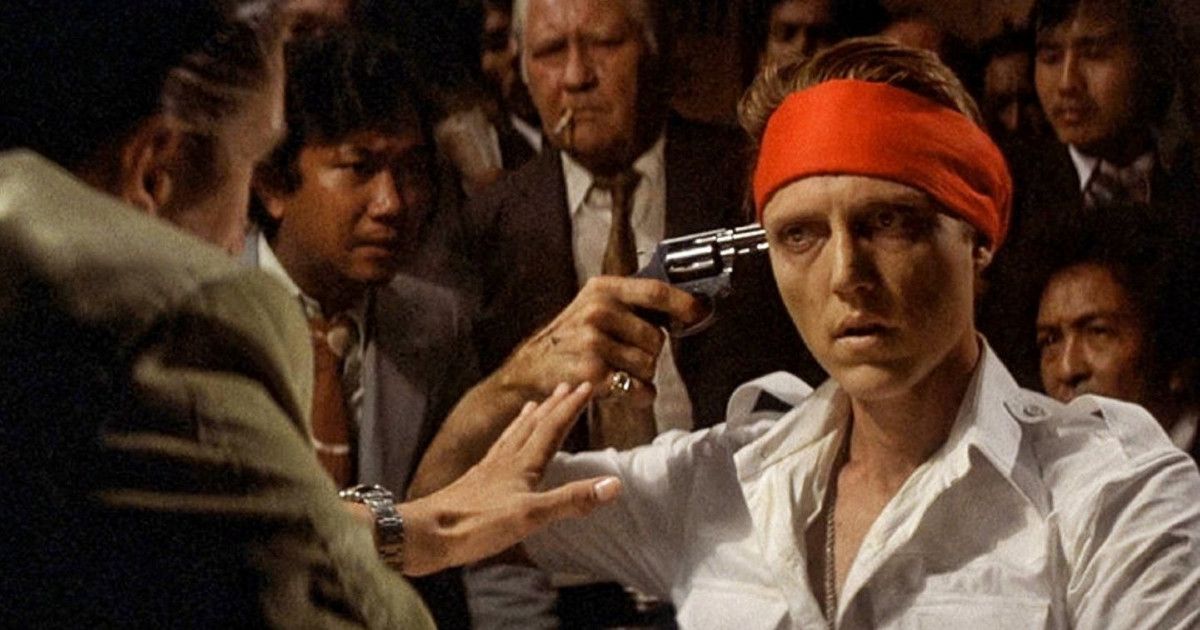
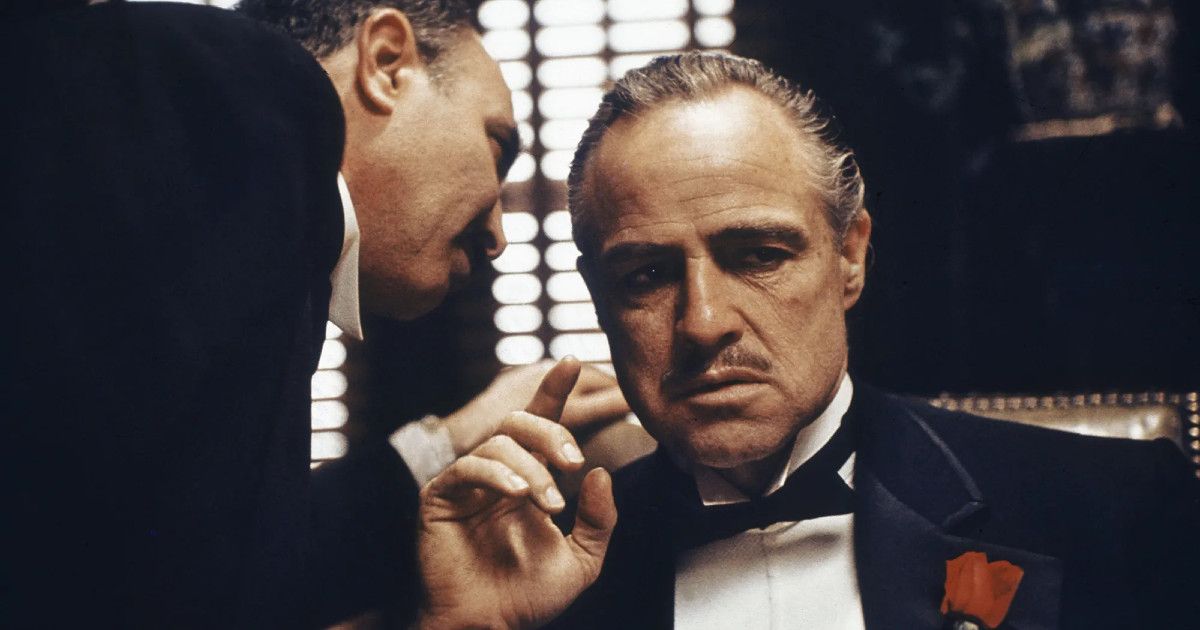
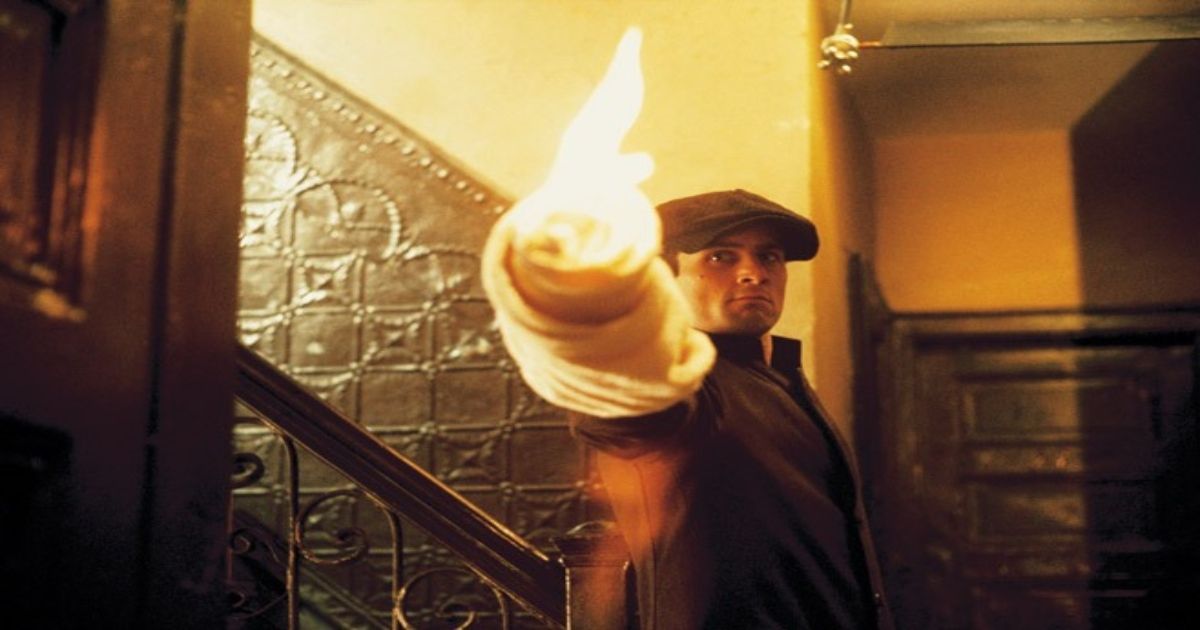
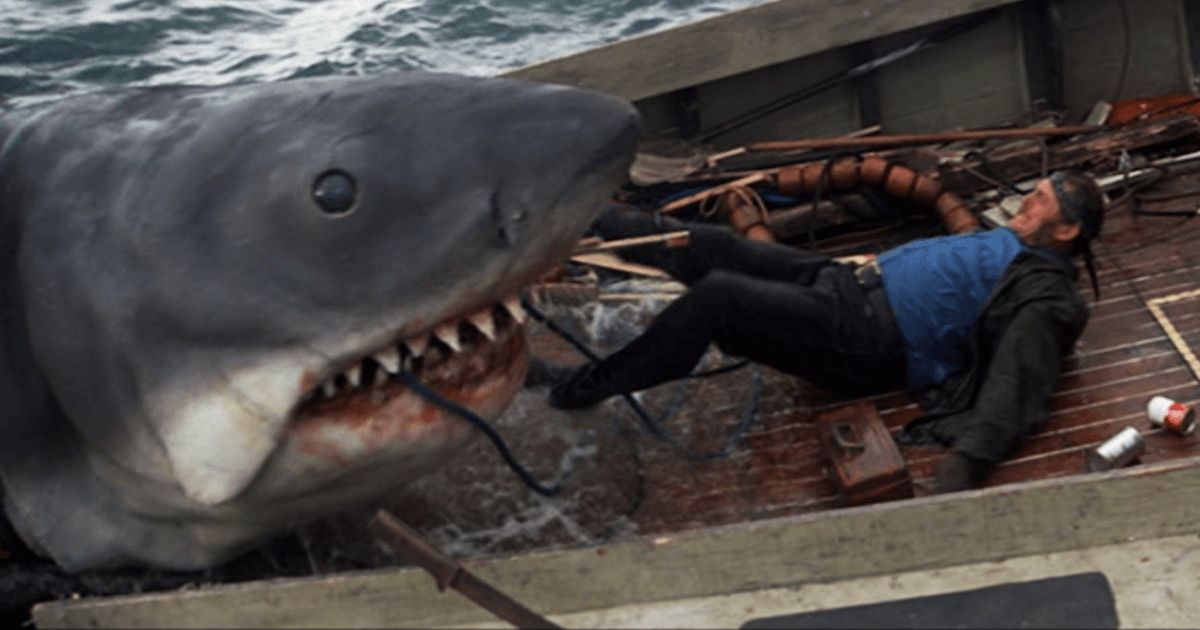
.jpg)
